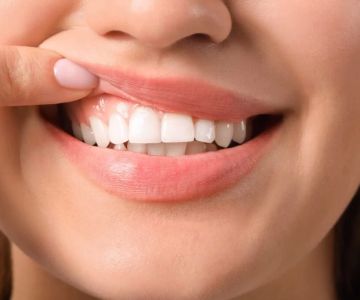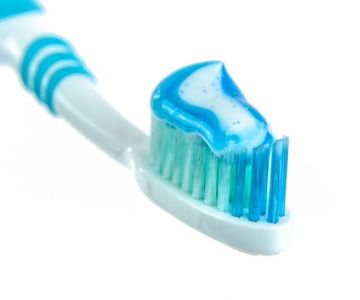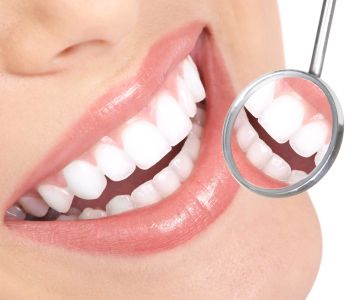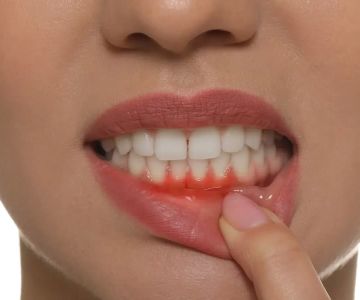Smoking and Gum Health
Smoking is a significant factor contributing to severe gum disease in the United States. Gum disease, also known as periodontal disease, is an infection of the gums that can affect the bone structure supporting the teeth. For those who smoke, the risk of developing gum disease is twice as high compared to non-smokers. This not only increases the chances of tooth loss but also causes other oral health issues such as mouth cancer.
Warning Signs and Symptoms of Gum Disease
Some common warning signs of gum disease include red or swollen gums, discharge, loose teeth, and spaces between teeth. If you notice these symptoms, especially if you are a smoker, it's crucial to seek dental attention promptly.
How Smoking Increases the Risk of Gum Disease
Smoking interferes with the normal function of gum tissue cells and impairs blood flow to the gums. This makes it harder for the body to fight infections and delays the healing process after dental treatments. Even after quitting smoking, it takes time for the gums to recover, but it's never too late to stop and improve gum health.
Health Risks of Vaping
While vaping may seem less harmful than traditional smoking, it can still have negative effects on oral health. The e-liquids used in vaping, even those labeled as nicotine-free, can contain harmful substances that contribute to gum problems and increase the risk of mouth cancer.
Preventing Gum Problems for Smokers
Smokers can take several steps to prevent gum problems. This includes visiting the dentist regularly for check-ups and advice on maintaining oral hygiene. Cleaning teeth properly, using fluoride toothpaste, and avoiding sugary and acidic foods can all help. Seeking support and guidance from healthcare professionals or Quitline to quit smoking is also highly beneficial.
Where to Get Help
If you're concerned about your gum health or want to quit smoking, you can turn to your doctor, dentist, or Quitline for assistance. In Australia, there are specific dental services available for eligible people through various institutions.
In conclusion, smoking has a detrimental effect on gum health, increasing the risk of gum disease, tooth loss, and other oral health complications. Quitting smoking and maintaining good oral hygiene are essential for preserving gum health and overall oral well-being. By being aware of the risks and taking proactive steps, smokers can improve their chances of having healthy gums and teeth.






 Westgate Dental Arts
Westgate Dental Arts Coventry Family Dental
Coventry Family Dental Familia Dental
Familia Dental Dr. Daniel S. Fife, DDS
Dr. Daniel S. Fife, DDS Dentistry At Suburban Square: Michael I. Wollock, DMD
Dentistry At Suburban Square: Michael I. Wollock, DMD Comfort Care Dental
Comfort Care Dental The Importance of Oral Health Education During Pregnancy for a Healthy Pregnancy
The Importance of Oral Health Education During Pregnancy for a Healthy Pregnancy Why Skipping Dental Checkups Can Lead to Bigger Oral Health Problems
Why Skipping Dental Checkups Can Lead to Bigger Oral Health Problems Advantages of Porcelain Dental Restorations
Advantages of Porcelain Dental Restorations Best Tips for Brushing Your Teeth Properly for Healthy Gums: Essential Techniques for Oral Health
Best Tips for Brushing Your Teeth Properly for Healthy Gums: Essential Techniques for Oral Health How Can Diabetes Cause Tooth and Gum Problems? Preventing and Managing Oral Health Issues
How Can Diabetes Cause Tooth and Gum Problems? Preventing and Managing Oral Health Issues Healthy Habits for Promoting Good Oral Health and Hygiene: Tips for a Healthy Smile
Healthy Habits for Promoting Good Oral Health and Hygiene: Tips for a Healthy Smile